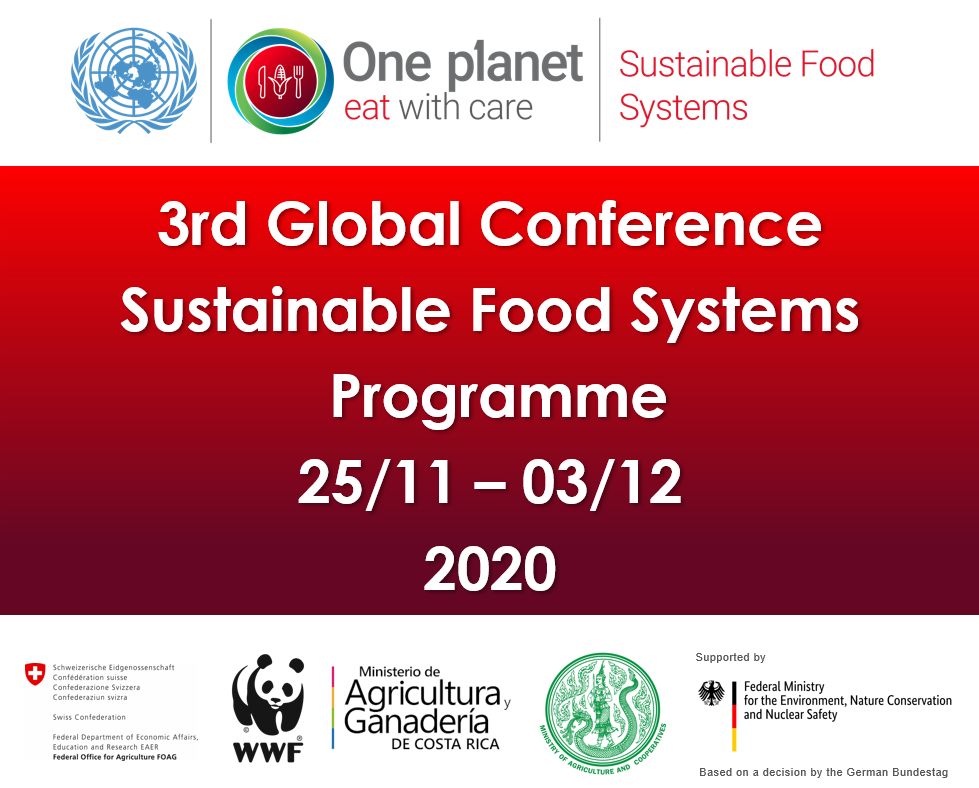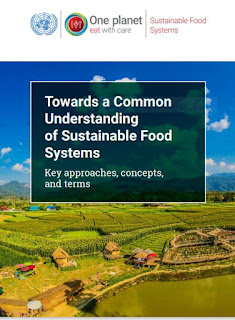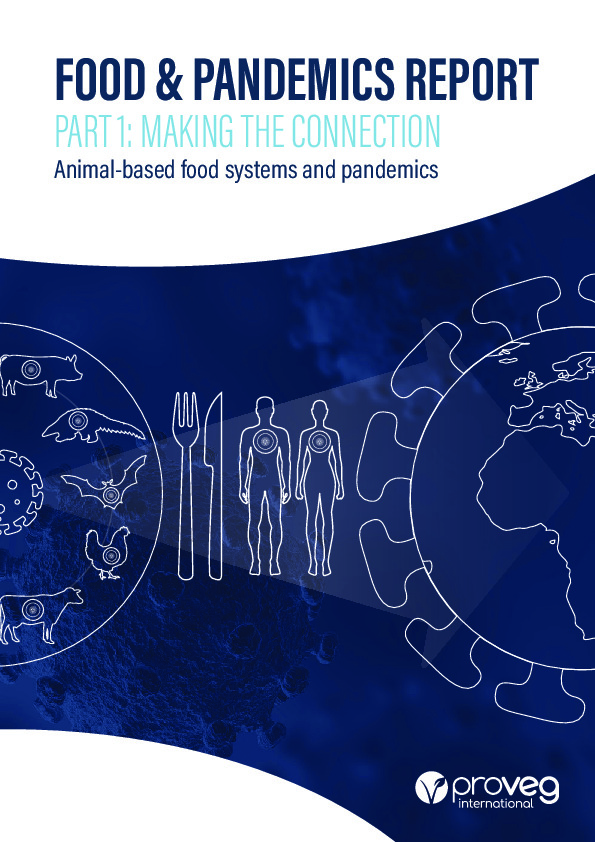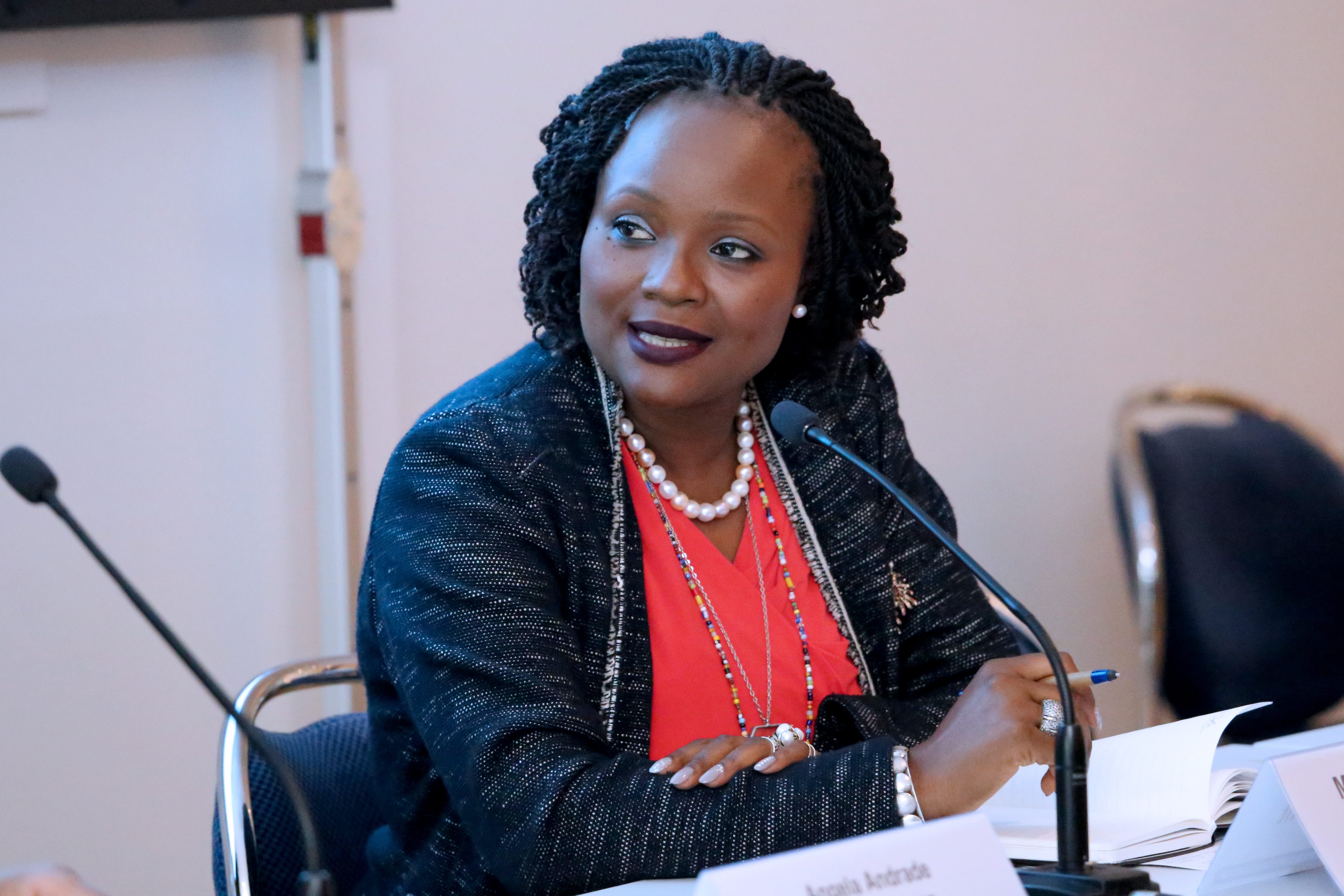The purpose of this 3rd global conference is to provide substantial input to the UN Food Systems Summit that is tentatively scheduled for the third quarter of 2021, building on the achievements of the SFS Programme’s membership during the first five years of implementation as well as the outcomes of the Programme’s previous two global conferences.
Previous editions of the conference harnessed consensus on a range of priority areas for action. The 1st global conference in South Africa concluded with the Pretoria Resolution, while the 2nd global conference in Costa Rica finalized with the San José Call to Action.
REPORT: OPN (2020) Towards a Common Understanding of Sustainable Food Systems Key approaches, concepts, and terms. One Planet network Sustainable Food Systems (SFS) Programme, 2020. 75 pages
Background:
The Sustainable Food Systems (SFS) Programme is part of the One Planet network,
formed to implement the UN 10-Year Framework for
Programmes on Sustainable Consumption and
Production (10YFP). The 10YFP was adopted by Heads of
State and Government in 2012 at the United Nations
Conference on Sustainable Development (Rio+20), with
the aim to promote cooperation to accelerate the shift
towards sustainable consumption and production (SCP).
The SFS Programme: a vision of multi-stakeholder
dialogue to accelerate the shift to sustainable food
systems:
- The One Planet network SFS Programme is a 5-year long inclusive dialogue among food system stakeholders that is based on their wide range of on-the-ground research, experiences, policies and initiatives.
- The SFS Programme currently has over 170 members worldwide, bringing together leading organizations from government, the UN system, civil society, the scientific community, and private sector
Extract of the programme
25/11 Aligning collective action for food systems transformation
- Chantal Clément, Deputy Director, IPES-Food
Speakers
- Elizabeth Maruma Mrema, CBD Executive Secretary
- Júlia Sánchez, Secretary General, ActionAid
- Francesco Branca, WHO Presentation
- Carmen Torres, (consultant One Planet network Sustainable Food Systems Programme): Multistakeholder Mechanisms for food systems transformation Speakers
- Esther Penunia, Asian Farmers Association
- Hurrem Betul Levent, Mezitli Municipality, Turkey
- Jason Baillargeon, Ministry of Agriculture and Agri-food, Canada
25/11 Side event 1: Presentation of the CERES report
- Laborde, D., Parent, M., & Smaller, C. (2020). Ending Hunger, Increasing Incomes, and Protecting the Climate: What would it cost donors? Ceres2030. International Institute for Sustainable Development (IISD) and International Food Policy Research Institute (IFPRI). (28 pages)
- Ceres2030 Summary: Sustainable Solutions to End Hunger. A world without hunger is possible - it is within reach. So let's act: Summary report of the CERES2030 study by IFPRI, Cornell University and IISD. (40 pages)
- Ending Hunger Sustainably: The role of social protection (8 pages) - In this brief, the Ceres2030 project team discusses the crucial role social protection plays in addressing poverty and vulnerability, as well as in mitigating the impact of COVID-19 and its associated economic consequences. (Read in English | Lire en français)
- Ending Hunger Sustainably: The role of gender (8 pages) - This briefing note points to the challenges, highlights some interventions that have proven to be effective, and hopes it can contribute to making the case that gender must be counted and consciously included if women’s empowerment is to get the place it deserves in realizing the 2030 Agenda. (Read in English | Lire en français)
- A Global Value Chain of Knowledge to End Hunger Sustainably (8 pages) - The SDG agenda is complex and integrated. It is an aspirational view of future societies that are able to secure a decent life for everyone on a thriving planet. Crises such as the COVID-19 pandemic test this vision. This is an introduction to the research tools that can be used by governments and donors to decide how much and where to spend scarce resources to solve the multiple and complex global challenges to sustainable development. (Read in English | Lire en français)
- Raphael Podselver, ProVeg Policy and Public Affairs Specialist of ProVeg International presented The Smart Protein project.
This research is aiming to develop alternative protein ingredients and products for humans which have a positive impact on bio-economy, environment, biodiversity, nutrition, food security and consumer trust and acceptance. - Forthcoming:
8 December 2020. Alternative Proteins - Stakeholders Networking Event 2020 (ONLINE).
28 February–2 March 2021. VegMed Web 2021 - ProVeg e.V. (2020): Food & Pandemics Report: Part 1 - Making the Connection:
Animal-Based Food Systems and Pandemics. Report. Berlin. 41 pp
The ProVeg Food & Pandemics Report clearly demonstrates the connection between industrial animal production and the increased risk of pandemics. Never before have so many opportunities existed for pathogens to jump from wild and domestic animals to people.” DR MUSONDA MUMBA Chief of the Terrestrial Ecosystems Unit of the United Nations Environmental Programme (UNEP)
26/11 The science of characterizing and addressing the transition
towards sustainable food systems (Part I)
- Christopher Béné, Alliance of Bioversity and CIAT
- Food Sustainability Index. Samantha Grenville, Economist Intelligence Unit
- Food and Agricultural Benchmark: Carla Hommes and Viktoria de Bourbon de Parme, World Benchmarking Alliance
- Food Systems Dashboard. Jessica Fanzo, Johns Hopkins University
26/11 Transparent and comprehensive assessment
of food system trade-offs to inform policy (Part II)
- Co-facilitators Elise Golan, USDA & Allison Loconto, INRAe
- Coastal Climate Resilient Infrastructure Project-Bangladesh, Freddie Harvey Williams, IFAD
- Challenges for the future and collective solutions for Zambia’s food system, William Chilufya, Hivos
- MASLAGO: A sustainable landscape management approach to save the lake that feeds Nicaragua’s cities: Nataly Pinto Alvaro, Rikolto Latin America
27/11Towards a holistic assessment of food systems policies
- Thanawat Tiensin, CFS Chair and Permanent Representative of the Kingdom of Thailand to FAO, IFAD & WFP
- Marion Jansen, Director, Trade and Agriculture Directorate, OECD
- Maximo Torero, Chief Economist, FAO
- Bard Vegar Solhjell, Director General, Norwegian Agency for Development Cooperation
- Mark Radka, Deputy Director, Economy Division, UN Environment
- Alvin Dizon, Councilor, Cebu City, Philippines
27/11 Investing in food systems transformation
- Moderator Rex Raimond, Transformational Investing in Food Systems – TIFS Initiative Facilitator
- Matheus Zanella, Global Alliance for the Future of Food Roundtable
- GV Krishnagopal, Access Livelihoods Group
- Ingrid Prem, German Agency for International Cooperation
- Daniel Moss, AgroEcology Fund
- Kisa Mfalila, IFAD
- Lucy Acton, HSBC UK
- Dale Lewis, COMACO (tbc)
30/11 Addressing food systems through consumers – promoting
awareness and behavioral change
- Chair Ulf Jaeckel, BMU, Germany
- Daniela Acuña, Ministry of Agriculture, Chile
- Ply Pirom, WWF Thailand
- Andre Nel, Pick n Pay
- Daniel Vennard, World Resources Institute
30/11 Leveraging public procurement to accelerate SDG implementation
- Chair Stineke Oenema, UNSCN Coordinator
- Erika Bozzay , OECD - Introduction to the potential and requirements of public food procurement to function as a key food system transformation tool,
- Florence Tartanac, FAO
- Anne-Marie Saulnier, ECPAR
- Peter Defranceschi, ICLEI
- Doris Yawa Gab, Ghana
02/12 Our commitment for a sustainable food future
Report from previous sessions
Chair Christian Hofer, Director-General, Federal Office for Agriculture, Switzerland
The role of food systems in achieving the 2030 Agenda: with the Chairs of the Food Systems Summit Action Tracks:
- Lawrence Haddad, GAIN
- Ajay Vir Jakhar, Bharat Krishak Samaj
- Joao Campari, WWF
- Michelle Nunn, CARE USA
- Saleemul Huq, ICCCD







No comments:
Post a Comment